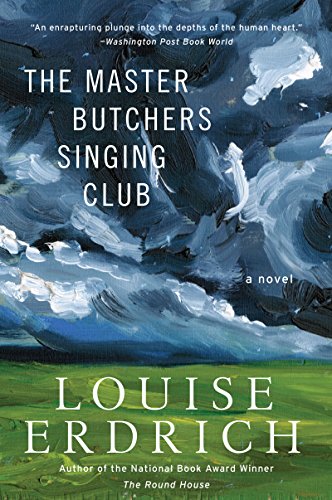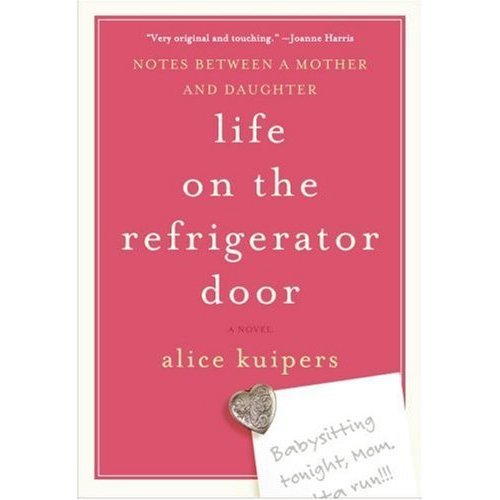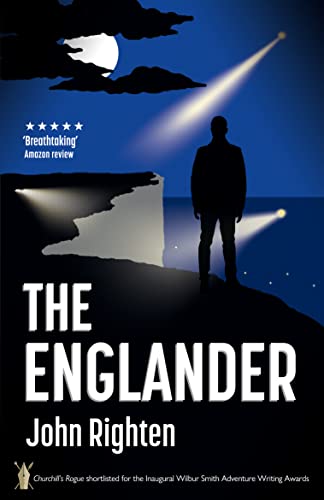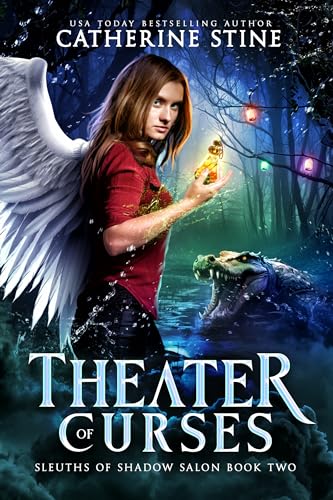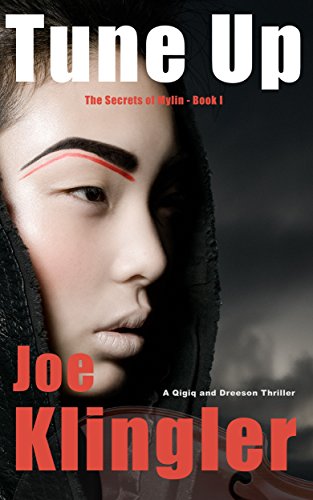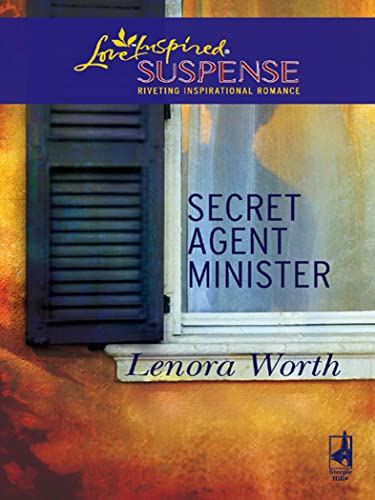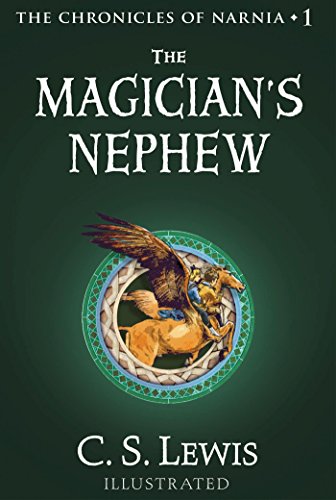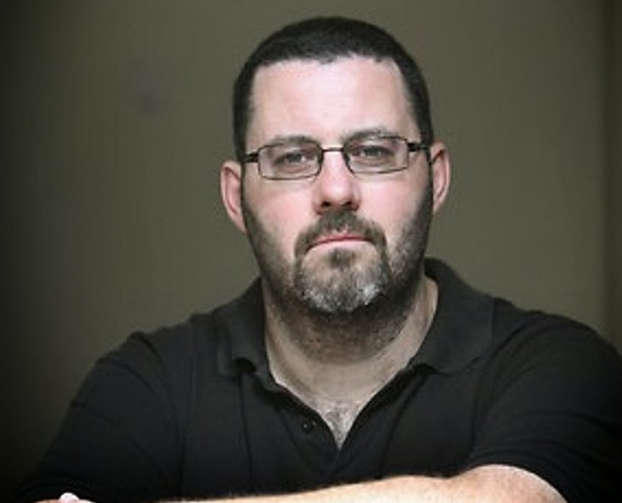Despite awards and acclaim for his crime fiction, the impoverished novelist lost his home and was set to quit – then the phone rang. Alison Flood from The Guardian has the story. Support our news coverage by subscribing to our Kindle Nation Daily Digest. Joining is free right now!
It was 1.30 in the morning in Melbourne and Adrian McKinty had just got home after dropping off his last Uber customer of the night at the airport. His phone rang. It was Shane Salerno, agent to authors including Don Winslow, and it was a call that would pull McKinty into “some major league craziness”, ending in a six-figure English-language book deal and, last week, a seven-figure film deal from Paramount for his forthcoming novel The Chain.
“Don told me you’ve given up writing,” said Salerno. McKinty, an award-winning crime novelist, had recently blogged about his decision to quit being an author. Beginning with his debut, Dead I May Well Be, written while he taught high school English in Colorado, and continuing with his award-winning series about Northern Irish detective Sean Duffy, McKinty’s books might have won him prizes and great reviews, but they weren’t making him any money. The family moved from the US to Australia in 2008 because McKinty’s wife, author and academic Leah Garrett, was offered a job there. Now the family had been evicted from the home they’d had lived in for eight years, and he was working as an Uber a cab driver (“the world’s worst,” he says now) and bartending in an attempt to actually bring in some cash.
Now Salerno – a man he’d never spoken to before – was quizzing him in the early hours about his decision and his books. McKinty told him about his series of Belfast-set crime novels, and Salerno asked if he had ever thought about writing one in America.
As it turned out, McKinty had. In Mexico City five years earlier, while trying to write a novel about Trotsky (“it was a big fiasco, it was going nowhere”), McKinty learned about exchange killings: where a person offers to swap themselves for a kidnapped family member while a ransom is raised. He’d combined this with the idea of chain letters – he’d grown up in the 70s and 80s in Carrickfergus, Northern Ireland, “where we used to get these bloody horrible chain letters; we all believed it”. These were the seeds for The Chain, in which a mother is told her daughter has been kidnapped, and that the only way to get her back is to kidnap another child. And so on, down the chain.
Write it, said Salerno. “Maybe in a couple of years, when I’ve got my finances sorted out,” agreed McKinty. “What if I wired you $10,000 into your bank account tonight?” Salerno offered. McKinty said he’d think about it; Salerno said no, go and write it now.
At around three in the morning, McKinty gave it a go, writing the first 30 pages of what would become The Chain, sent it off and went to bed. His phone rang again at 4.15.
“Forget bartending. Forget driving a bloody Uber,” Salerno said. “You’re writing this book.”
Two years on, The Chain is about to be published. Starting with Rachel’s discovery that her daughter Kylie has been kidnapped, then following her attempts to drum up the ransom and find someone else to kidnap, it is a brutal, breathless race to the finish which forces the reader to ask, again and again: what would I do, in that situation?
Read full post on The Guardian

